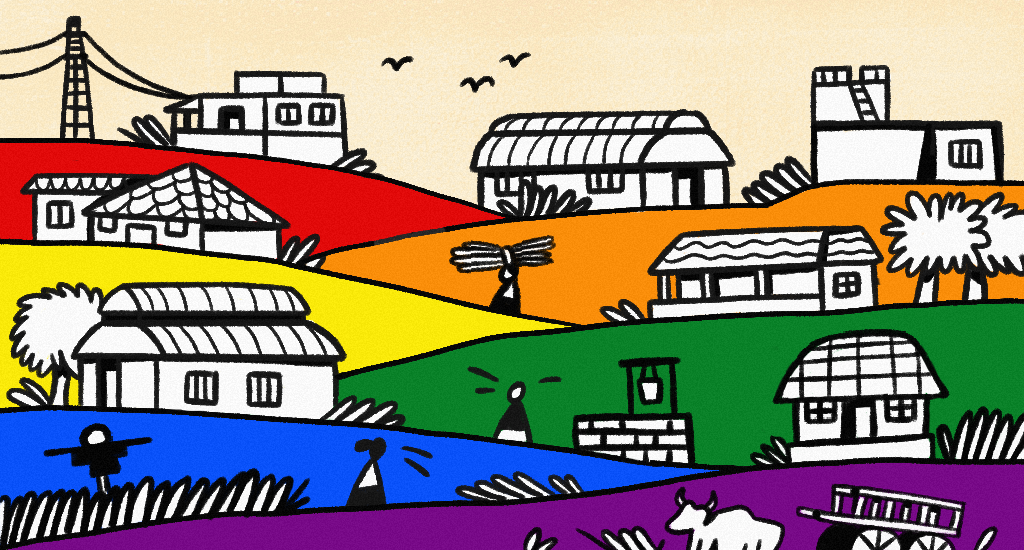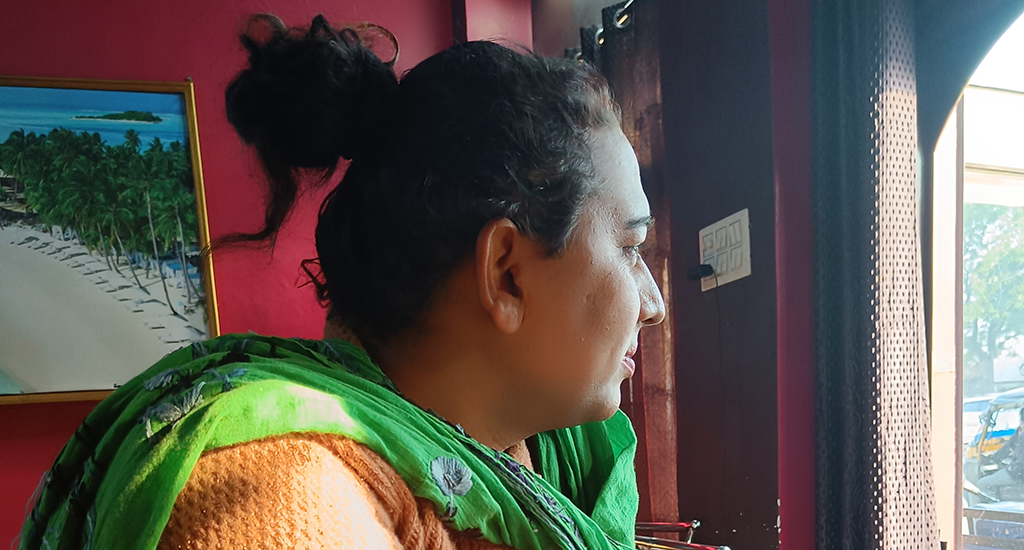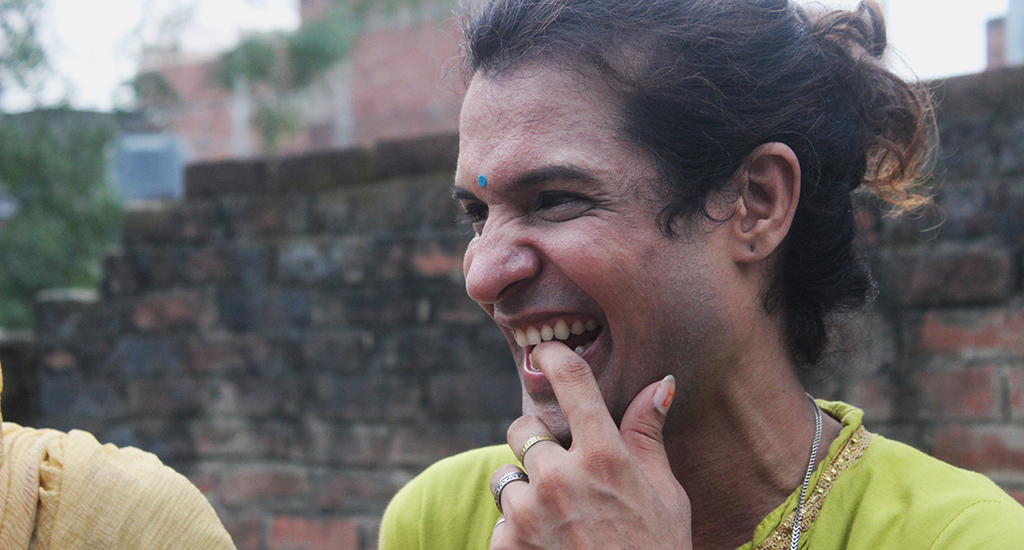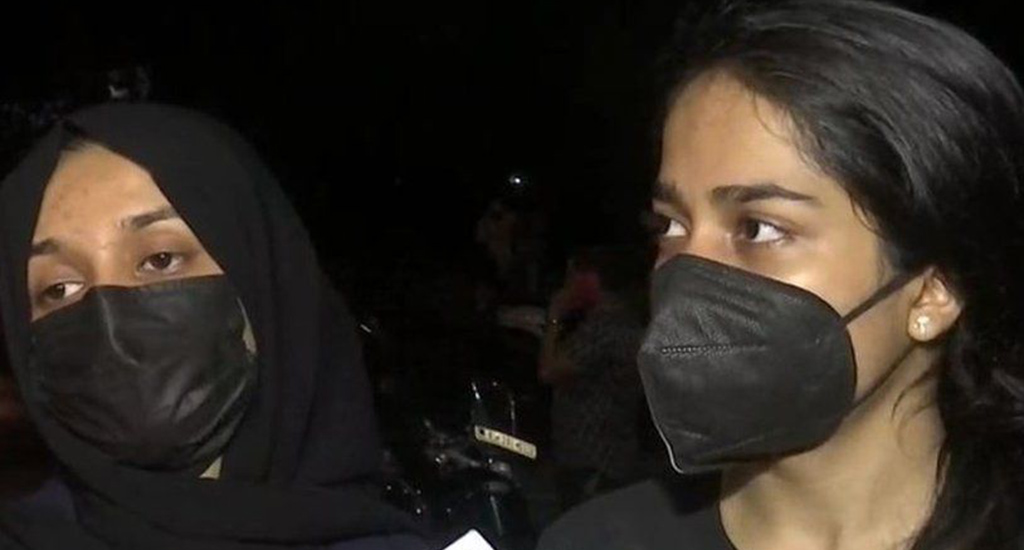
Being LGBTQ in rural India
What does being LGBTQ mean in rural India and what are the legal strangleholds that make LGBTQ life a challenge in small town India? We take a look at Village Square in celebration of Pride Day.

What does being LGBTQ mean in rural India and what are the legal strangleholds that make LGBTQ life a challenge in small town India? We take a look at Village Square in celebration of Pride Day.
Lesbian, gay, bisexual, transgender and queer – words not often heard in the village. Being LGBTQ is becoming more common in urban India, but it is still a taboo in the other parts of the country.
In celebration of Pride Month and the idea that anyone’s sexuality or chosen gender is something to be respected, Village Square is highlighting several touching stories about being LGBTQ in rural India.
In our story Distant dream of sex reassignment surgery (SRS) we explore the difficulties thousands of transgender rural Indians have in trying to get SRS done in government hospitals. Though the hospitals are mandated to offer such facilities, many, like Shital Chauhan, have little money to spare and private hospitals charge extremely high rates.

We went deeper into this with the very heart-breaking story in our Her Life strand featuring Ashfa, a transwoman living in Varanasi.

The vibrant and cheery Ashfa tries to live her life as positively as possible despite being mostly limited to commercial sex work which leads to humiliation and exploitation.

We look at how a West Bengali festival celebrating a princess-goddess gave queer-trans people a chance to flourish, if only during the month of the festival, when being queer was criminalised in the 19th century.
Court unites lesbian couple separated by family was a lesbian love story with a happy ending. Twenty-two-year-old Adhila Nassrin knew that her 23-year-old partner Fathima Noora was being held at home against her will.

Both women grew up in Saudi Arabia before each family moved Kerala. They were friends since their school days. But when they announced their love for each other their families were not happy. For three-and-a-half years the women could not meet until the court intervened.
It was a similar love story for Lovely Rana, who was shunned by her mother after professing her love for B Jaspreet. Luckily for Rana, her partner’s family welcomed her into theirs.

But when the two women wanted to be independent and live on their own, they found it difficult to procure accommodation. They are not married, as there is no legal provision for same-sex marriage. One of them has had to hide her identity and live as a man.
While India’s Supreme Court made a historic ruling in 2018 that said gay sex was no longer a criminal offence in the country, same-sex marriage is still not recognised by the law.
In April 2022 Supriya Sule, a Member of Parliament from Baramati, introduced a private member’s bill in the Lok Sabha to legalise same-sex marriage. The bill demands the same legal rights for LGBTQ couples as heterosexual married couples are entitled to.
Though decriminalising gay sex is a step forward, many issues concerning social discrimination, recognition of marriage and parenthood and other civil rights still persist for the queer community.
For instance, the 2018 ruling fails to acknowledge the many unique discriminations faced by the LGBTQ community in rural India.
Members of the LGBTQ community in rural India have often expressed their discontent, saying that despite the court’s decriminalisation ruling, it will take years to change the regressive attitudes of rural communities towards them.
Fear of revealing one’s sexual identity to their family and community is still potent. Upon coming out, rural Indians are often taken for ‘corrective measures’ to local medics and babas.
The courts and the parliament have to go beyond decriminalisation to truly emancipate LGBTQ individuals.
Affirmative measures to address housing and employment discrimination, recognition of same-sex marriage, and introducing comprehensive LGBTQ-inclusive mental health networks would be great initial steps in that direction.